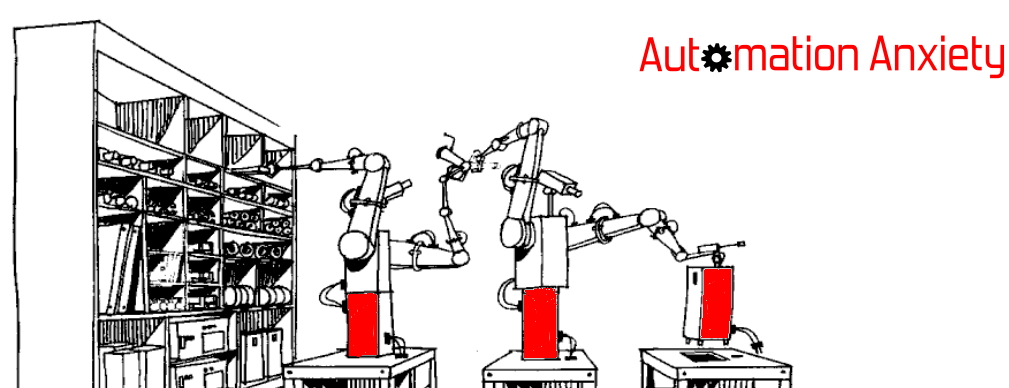Building on arguments by Bertrand Gille and Karl Polanyi, among others, Bernard Stiegler argues that new waves of technological automation tend to be characterised by periods of social ‘disadjustment’, before the reorganisation of sociotechnical systems around emerging technologies brings about their ‘readjustment’. We shall pursue this idea in relation to one readily identifiable symptom of automation-induced disadjustment, namely addiction, which can itself be understood as an automation of the dopamine system, and one that is moreover exacerbated by the effect of automation on employment and social mobility. An appreciation of this relationship between technological change and addiction is already on view across the history of philosophy, notably in Plato and Kant, and philosophy has moreover played a historically significant role in the development of therapies for automations both economic and nervous. With that in mind, what role can philosophy play in overturning our current phase of technological disadjustment?
Gerald Moore is Lecturer in the School of Modern Languages and Cultures at Durham University. His research focuses on the contemporary French philosophy of technology, and on the impact of technical evolution on politics, anthropology and evolutionary biology, in particular. His first book, Politics of the Gift (Edinburgh UP, 2011), looked at economics and politics in the work of thinkers including Jacques Lacan, Gilles Deleuze and Jacques Derrida.

